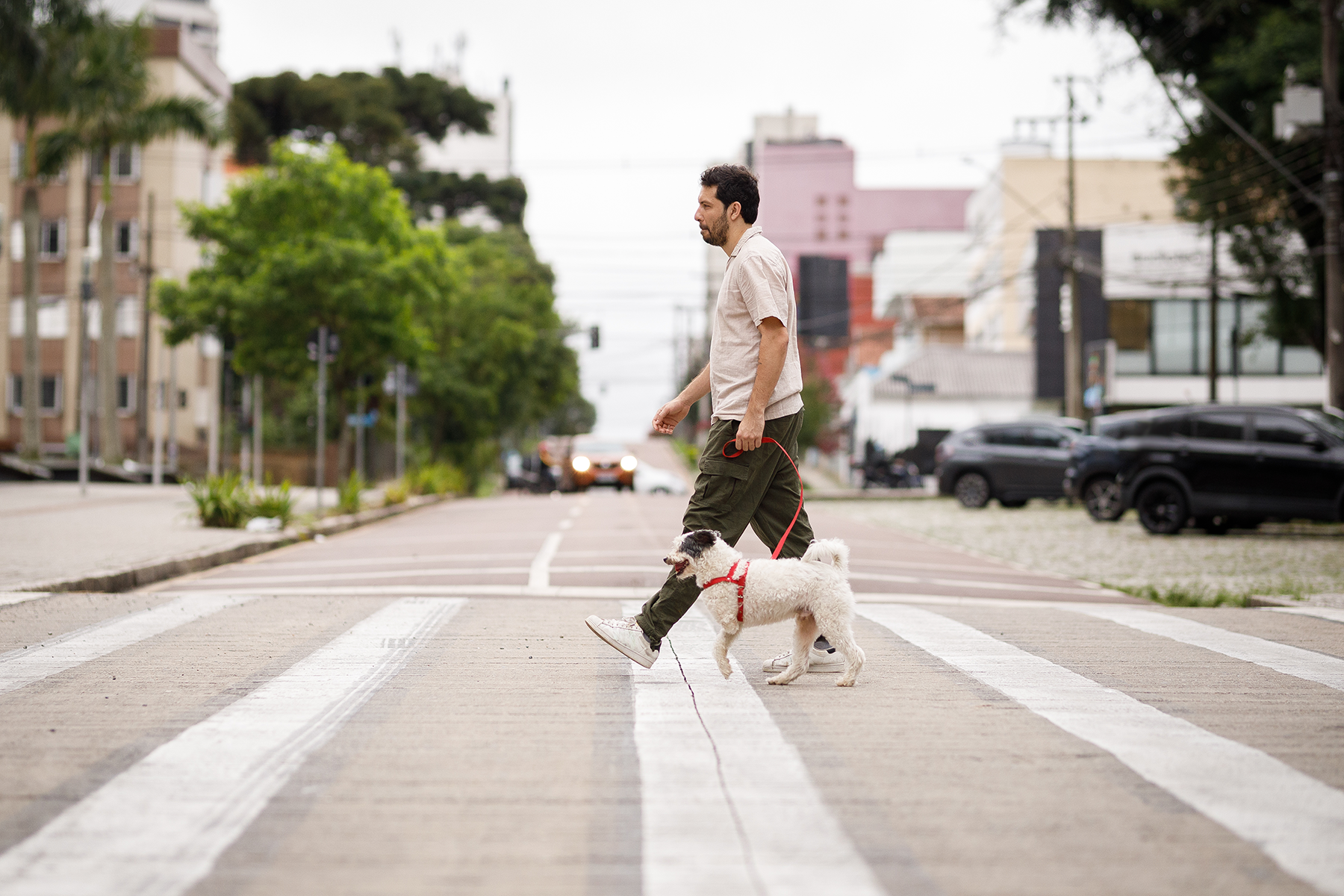2024-11-12 ペンシルベニア州立大学(PennState)

Engaging in everyday physical activity has immediate benefits for brain health, according to a new study from researchers in the Penn State College of Medicine. Credit: Capuski/Getty Images. All Rights Reserved.
<関連情報>
- https://www.psu.edu/news/research/story/can-everyday-physical-activity-improve-cognitive-health-middle-age
- https://academic.oup.com/abm/advance-article-abstract/doi/10.1093/abm/kaae059/7828202
多様な中年成人サンプルにおける日常的な身体活動の認知的健康効果 Cognitive Health Benefits of Everyday Physical Activity in a Diverse Sample of Middle-Aged Adults
Jonathan G Hakun, PhD, Lizbeth Benson, PhD, Tian Qiu, MPH, Daniel B Elbich, PhD, Mindy Katz, MPH, Pamela A Shaw, PhD, Martin J Sliwinski, PhD, Yasmin Mossavar-Rahmani, PhD
Annals of Behavioral Medicine Published:19 October 2024
DOI:https://doi.org/10.1093/abm/kaae059
Abstract
Background
Physical activity has been associated with a wide range of health benefits including long-term benefits for cognitive and brain health. Whether episodes of everyday physical activity are associated with immediate cognitive benefits remains unknown.
Purpose
The purpose of the current study was to examine whether episodes of physical activity, occurring over the course of participants’ daily lives, are associated with short-term improvements in cognitive health.
Methods
Participants completed a 9-day ecological momentary assessment protocol involving 5 daily assessments of self-reported physical activity and ambulatory cognitive assessments of processing speed and visuospatial working memory. Data were analyzed in a multilevel modeling framework to explore changes in performance on each task associated with physical activity during the period leading up to the assessment as well as individual differences in average frequency of physical activity.
Results
Results of MLMs indicated that engaging in physical activity during the period (~3.5 hr) leading up to an assessment was associated with improvements in processing speed equivalent to 4 years of cognitive aging. Such improvements were observed for both light and moderate-to-vigorous physical activity levels. No association was observed for visuospatial working memory accuracy; however, response time during the working memory task reliably mirrored the association observed for processing speed. The short-term benefits were observed, particularly, for individuals with an overall higher frequency of reported physical activity.
Conclusions
Our findings suggest that engaging in everyday physical activity of any intensity level may have short-term, acute benefits for cognitive health and point to new potential targets for intervention.
Clinical Trial information
NCT03240406.


